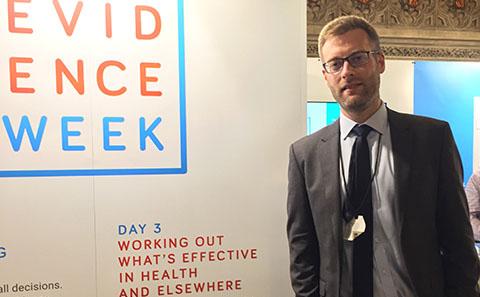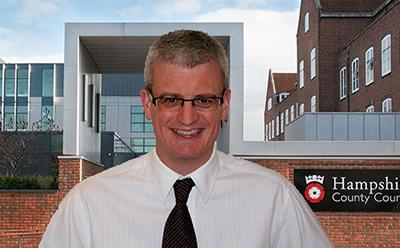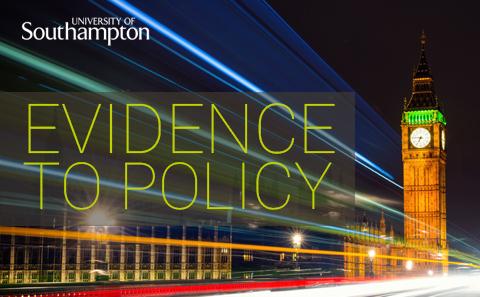
Read more on the evidence-informed policymaking
Learn more from Dr Matt Loxham about his experience engaging with policymakers at the Evidence Week in Parliament

In the UK, public bodies are currently investing in the accessibility of their websites, and when undertaking accessibility audits tend to follow the Web Content Accessibility Guidelines version two (WCAG 2.0). These guidelines, however, do not cover the main issues facing those with cognitive impairments, such as dyslexia; and the combination of impairments that can be experienced by an aging population.
This meant that the accessibility audit commissioned by Connect to Support Hampshire (C2SH) for their website had to cover more than the recommended guidelines provided by WCAG 2.0. This was undertaken with an eye on the EU Directive for the accessibility of public body websites and mobile applications.
I spent three months on secondment with C2SH during 2017/18, tasked with auditing their website for accessibility and usability for cognitive impairments and the over 65’s. This helped me to learn a great deal about this core demographic and how to meet their web accessibility requirements. In this blog, I describe my experience working with C2SH and the corporate partners Public Consulting Group UK Limited (PCG) who developed the C2SH website. I will also explain what I expected and how those expectations were met. I also emphasise three main points about what I learned during my secondment.
While working with C2SH and PCG I was privileged to meet and work alongside a wide range of highly focused and dedicated people. We worked towards one goal, ensuring the Connect to Support Hampshire website was compliant with the Web Content Accessibility Guidelines (WCAG 2.0) at the required level. We not only met this challenge but exceeded it. I was delighted to be asked to present my findings at the Hampshire County Council Information Board, next door to Winchester Castle and grounds providing a real sense of being at the heart of regional government in Hampshire.
Initially I was not sure what to expect, perhaps a website that was inaccessible, a website that needed to be redesigned with accessibility in mind, or perhaps a service that may not meet the needs of its users. What I discovered was a website that was largely accessible by WCAG 2.0 standards and that participants made excellent comments that identified areas for improvement in terms of navigation, ease of use and accessibility.
I was given the opportunity to significantly develop a checklist that incorporates issues arising from cognitive impairments and age related disabilities, and so was able to meet the needs of the core demographic. This gave me a real sense of achievement and further impetuous to go the extra mile. I was also then asked to advise C2SH on the accessibility of their mobile application. C2SH also immediately acted upon the short term recommendations I made.
During my secondment I learned:
Hampshire County Council are leading the charge on mobile web accessibility for the Connect to Support websites nationwide.
Neil Rogers
Biography:
I have a background in publishing, and as a PhD candidate work alongside Professor Mike Wald and E.A. Draffan who lead the ECS Accessibility Team at the University of Southampton.

Learn more from Dr Matt Loxham about his experience engaging with policymakers at the Evidence Week in Parliament

Catch up with past articles from researchers at the University of Southampton